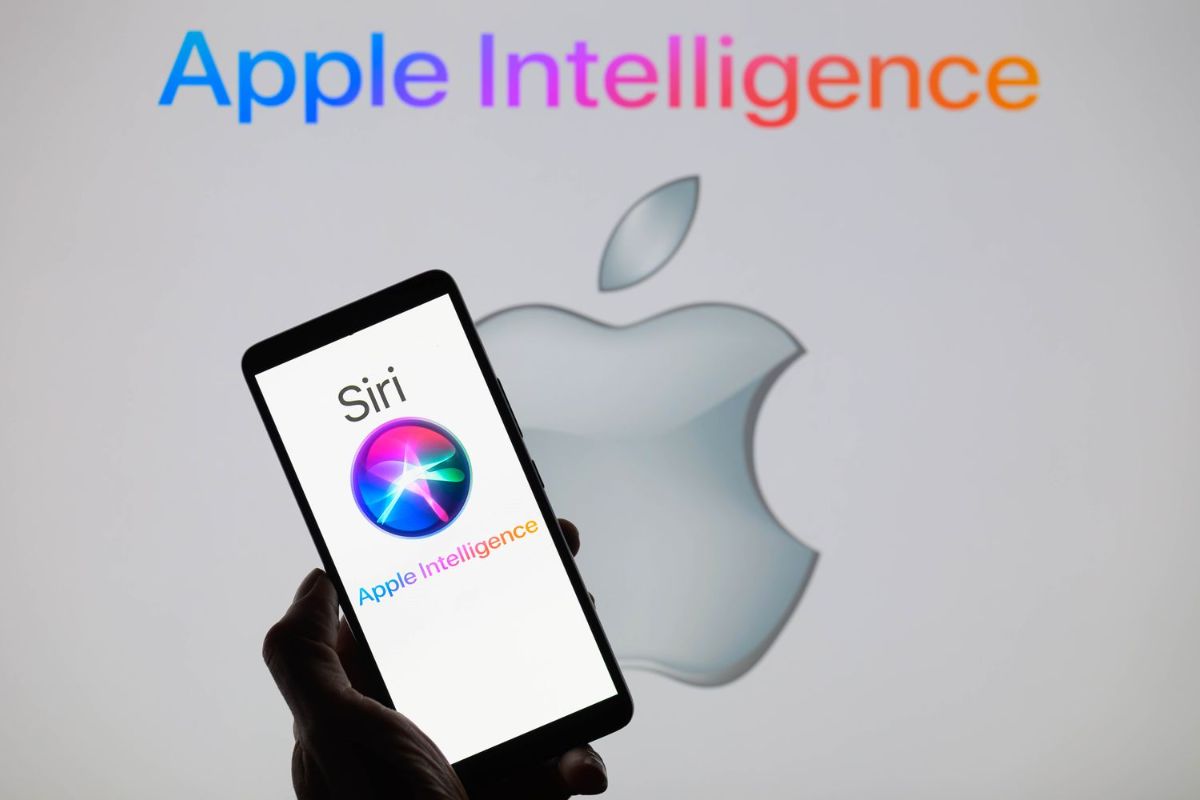Apple’s long-awaited overhaul of Siri, centered on the upcoming App Intents feature, has been pushed back to spring 2026. Originally expected to debut with iOS 26 later this year, the update will now arrive with iOS 26.4, tentatively scheduled for release between March and April next year.
As part of Apple’s Siri overhaul, the App Intents upgrade will allow users to control a wide range of apps entirely through voice commands, enabling tasks such as finding, editing, and sending photos without touching the screen. Apple is currently testing the feature with select third-party apps, including ride-hailing, social media, e-commerce, and mapping platforms. However, sensitive categories like banking and healthcare may face limitations due to concerns around security and accuracy.
Engineers are reportedly focused on ensuring flawless execution across different app types, aiming for a consistent, reliable experience that can handle complex, multi-step requests. The delay reflects Apple’s cautious approach to deploying new AI-driven functionalities at scale.
AI Ambitions Behind the Scenes
The postponed Siri rollout is part of a larger AI strategy that Apple has been developing quietly. Internally, the company has formed a dedicated “Answers, Knowledge, and Information” team to build advanced generative AI tools capable of answering complex queries—essentially working toward a next-generation virtual assistant.
At the same time, Apple has been navigating a wave of high-profile departures in its AI research teams, as top engineers and scientists move to competitors in the rapidly intensifying AI talent race. In response, leadership has signaled a renewed commitment to artificial intelligence, increasing investments, exploring acquisitions, and accelerating development timelines for key projects.
The broader vision behind Apple’s Siri overhaul appears to be a shift away from its current limited, command-based structure toward a more conversational, context-aware assistant—one that can compete with leading generative AI systems on the market.
Testing the Waters with Customer Service AI
While the major Siri update is still on the horizon, Apple has begun introducing AI features in smaller, more controlled settings. One example is a new AI-powered customer support chatbot, which can guide users through device troubleshooting, explain features, and provide instant help without requiring human intervention.
Apple has built the system with strict privacy safeguards, ensuring that user interactions remain anonymized and not tied to personal accounts. The chatbot is being rolled out gradually, allowing Apple to test its reliability, gauge user feedback, and refine the experience before introducing similar capabilities more broadly.
This incremental approach suggests that Apple is using targeted deployments as a proving ground for its larger AI ambitions, ensuring each step meets its high standards for accuracy, usability, and privacy.
Apple’s Siri overhaul with App Intents is now set for spring 2026, reflecting the company’s careful balancing of innovation and reliability. Behind the scenes, Apple is making significant investments in next-generation AI, even as it experiments with smaller-scale chatbot deployments to lay the groundwork for more advanced digital assistant capabilities in the future.











